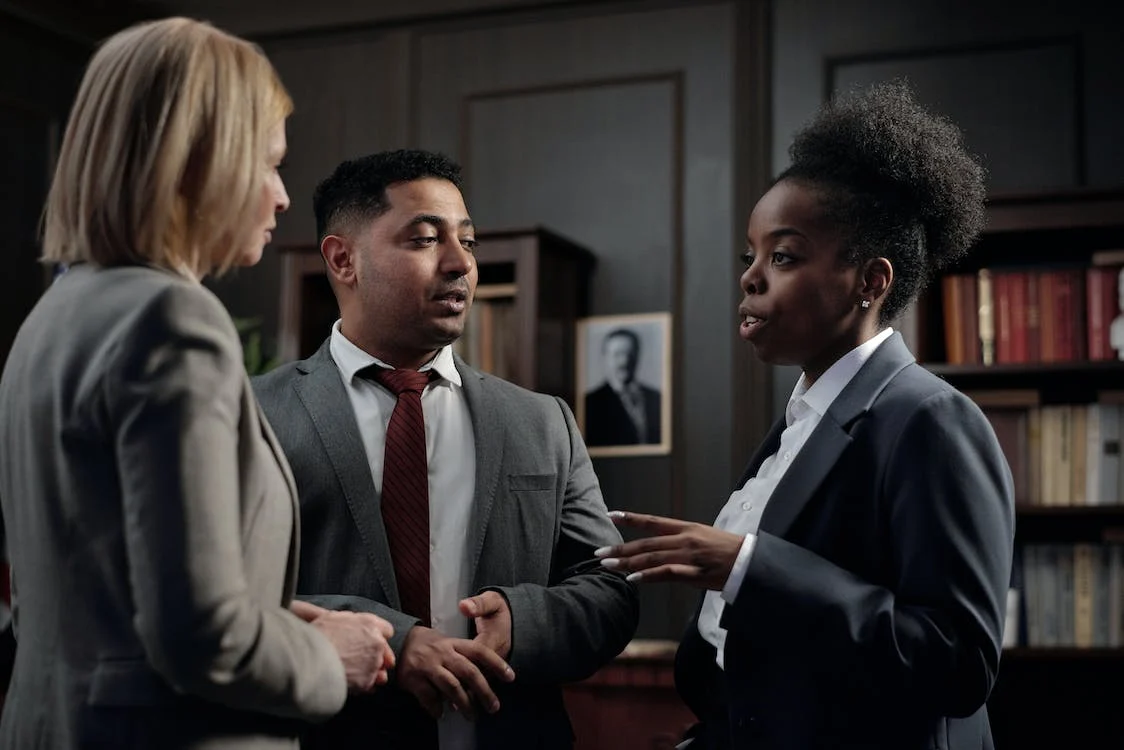What Is Commercial Debt?
Commercial debt recovery and collection refers to the business-to-business process of recovering debts from other organizations. This can be for unpaid invoices for services rendered, missed repayments, or any other reason one business had to pay another but didn’t. Recovering commercial debt is a complex process, as it involves identifying the parties involved, determining the terms of the debt, and using legal or other means to collect payment.
There are a few different approaches to commercial debt recovery and collection. One option is to handle the process in-house, using internal staff or specialized departments to handle the collection efforts. This can be a good option for small businesses with a limited number of outstanding debts.
Another option is to use a third-party debt collection agency. These companies specialize in recovering unpaid invoices and receivables and can often do so more efficiently and effectively than businesses can on their own, allowing the business to focus on developing the business further while the collection agency works on ensuring they get paid. They might use a variety of tactics, such as sending letters, making phone calls, and negotiating payment plans to try to collect the debt.
In some cases, the recovery may involve legal action. This can include filing a lawsuit, obtaining a judgment, and garnishing wages or seizing assets to recover the debt. This should be a last resort, as it can be costly and time-consuming, but it may be necessary if other efforts have failed.
It’s important for businesses to have a clear and effective process in place for recovering unpaid debts. This can help ensure that the company is able to maintain cash flow and avoid financial hardship. It can also help protect the company’s reputation, as unpaid debts can damage relationships with customers or suppliers. Commercial debt recovery and collection is a critical aspect of managing a business’s financial health. By having a clear process in place and working with experienced professionals- like Monetaria-, businesses can effectively recover unpaid debts and maintain a healthy bottom line.
Is Commercial Debt Collection Regulated?
Commercial collection services are regulated by a number of federal and state laws. These laws outline the rights and responsibilities of both the creditor (the business trying to collect the debt) and the debtor (the business that owes the debt).
At the federal level, the Fair Debt Collection Practices Act (FDCPA) sets out rules for how consumer debt collectors can interact with debtors. While the FDCPA applies to personal, family, and household debts, and not to debts incurred by businesses, many states have their own debt collection laws that apply to commercial debts, and these laws may provide additional protections for debtors.
In addition to these laws, there are also industry-specific regulations that may apply to commercial debt recovery and collection. For example, the healthcare industry is subject to the Health Insurance Portability and Accountability Act (HIPAA), which has provisions related to the collection of medical debts.
Commercial debt collection agencies can employ certain collection methods that are banned under consumer collection regulations for non-commercial entities. These agencies need to be licensed and bonded before performing collections in most states, so when looking at hiring a third-party collection agency, it is critical to ensure they are qualified and credentialed. Monetaria Group is led by a team of debt collection attorneys, which lets clients know all their debts and cases are being handled legally and competently, with no chance of trouble down the road.
Is Commercial Debt Collection the Right Choice for My Business?
When it comes to deciding whether to hire a business-to-business collection agency, there are a few factors to consider. If a business has a large number of unpaid debts or if it lacks the resources to devote to debt collection, it may be more efficient to use a third-party agency. Collection agencies have the expertise and resources to handle the process efficiently, and they can often recover debts more quickly than a business can on its own.
However, businesses should be aware that using a collection agency may be expensive, and it’s important to carefully consider the costs and benefits before deciding whether to use a collection agency.
We’re happy you found this article informative! Go back to our blog page to find more tips, tricks and guidance on bookkeeping, to ensure your business gets paid.
If you have unpaid debts that need to be recovered, commercial debt collection may be a good option for your business. A commercial debt collection agency can help you with the process of recovering past-due accounts and provide guidance on best practices for managing accounts receivable.
Led by a team of experienced debt collection attorneys, Monetaria has helped hundreds of businesses recover and collect their outstanding debts and payments. Schedule a FREE consultation with our expert team to see how we can help you recover your money today!


 Drawing on our extensive ten years of experience in merchant cash advance (“MCA”) collections, the Monetaria Group team has gained valuable insights into the critical nature of fund recovery for our clients. We fully comprehend the unique obstacles and challenges posed by the MCA sector when it comes to collections, and have discovered that by implementing effective systems and strategies, outstanding payments can be successfully recovered without causing undue pain or unnecessary delays.
Drawing on our extensive ten years of experience in merchant cash advance (“MCA”) collections, the Monetaria Group team has gained valuable insights into the critical nature of fund recovery for our clients. We fully comprehend the unique obstacles and challenges posed by the MCA sector when it comes to collections, and have discovered that by implementing effective systems and strategies, outstanding payments can be successfully recovered without causing undue pain or unnecessary delays.





